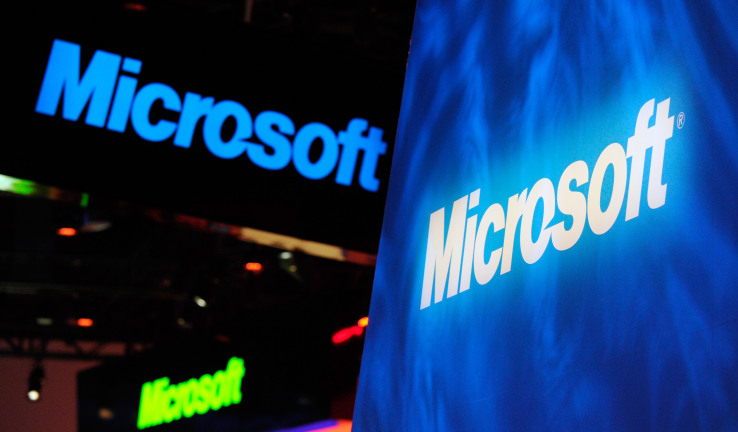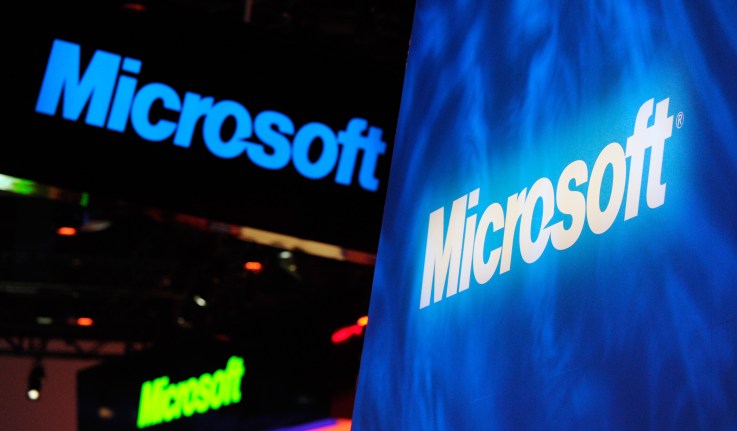

Artificial intelligence is quickly shaping up to be one of the key defining technology areas of our time. A day after announcing a new artificial intelligence partnership with IBM, Google, Facebook and Amazon, Microsoft is upping the ante within its own walls.
The tech giant announced that it is creating a new AI business unit, the Microsoft AI and Research Group, which will be led by Microsoft Research EVP Harry Shum. Shum will oversee 5,000 computer scientists, engineers and others who will all be “focused on the company’s AI product efforts,” the company said in an announcement. The unit will be working on all aspects of AI and how it will be applied at the company, covering agents, apps, services and infrastructure.
(It’s also hiring.)
Shum has been involved in some of Microsoft’s biggest product efforts at the ground level of research, including the development of its Bing search engine, as well as in its efforts in computer vision and graphics: that is a mark of where Microsoft is placing its own priority for AI in the years to come.
“Microsoft has been working in artificial intelligence since the beginning of Microsoft Research, and yet we’ve only begun to scratch the surface of what’s possible,” he said in a statement. “Today’s move signifies Microsoft’s commitment to deploying intelligent technology and democratizing AI in a way that changes our lives and the world around us for the better. We will significantly expand our efforts to empower people and organizations to achieve more with our tools, our software and services, and our powerful, global-scale cloud computing capabilities.”
Important to note that Microsoft Research unit will no longer be its on discrete unit — it will be combined with this new AI effort. Research had 1,000 people in it also working on areas like quantum computing, and that will now be rolled into the bigger R&D efforts being announced today.
Microsoft has already made some interesting inroads and put its name on the map when it comes to mass-market applications of artificial intelligence, with apps like its Cortana personal assistant. As with Apple’s Siri, or Amazon’s Alexa, Cortana is also making its way into more products and more applications.
Products that will fall under the new unit will include Information Platform, Cortana and Bing, and Ambient Computing and Robotics teams led by David Ku, Derrick Connell and Vijay Mital, respectively. The Microsoft AI and Research Group will encompass AI product engineering, basic and applied research labs, and New Experiences and Technologies (NExT), Microsoft said.
“We live in a time when digital technology is transforming our lives, businesses and the world, but also generating an exponential growth in data and information,” said Satya Nadella, CEO, Microsoft in a statement. “At Microsoft, we are focused on empowering both people and organizations, by democratizing access to intelligence to help solve our most pressing challenges. To do this, we are infusing AI into everything we deliver across our computing platforms and experiences.”
Many of the advances that have happened around AI up to now are the stuff of labs — and perhaps because of the emerging nature of it, often weighed down by the technicalities of the endeavour. Microsoft, in its own words, is trying to “democratize” AI tech — in other words, make more applications out of it that will end up in your hands, my hands and in the hands of businesses and other organizations. It’s not the only one: IBM, for example, has its large Watson group where development of technologies and making products from them often go hand-in-hand.
Here are Microsoft’s four areas of emphasis explained a bit more, in the words of Microsoft itself:
- Agents. Harness AI to fundamentally change human and computer interaction through agents such as Microsoft’s digital personal assistant Cortana
- Applications. Infuse every application, from the photo app on people’s phones to Skype and Office 365, with intelligence
- Services. Make these same intelligent capabilities that are infused in Microsoft’s apps —cognitive capabilities such as vision and speech, and machine analytics — available to every application developer in the world
- Infrastructure. Build the world’s most powerful AI supercomputer with Azure and make it available to anyone, to enable people and organizations to harness its power
Updated with more detail on Microsoft Research
Featured Image: David Becker / Stringer/Getty Images

